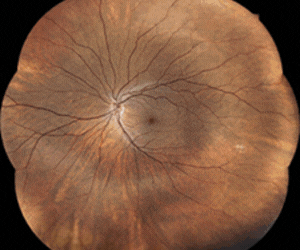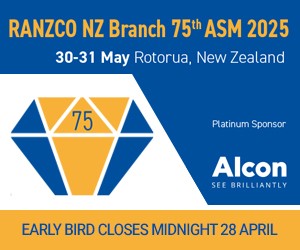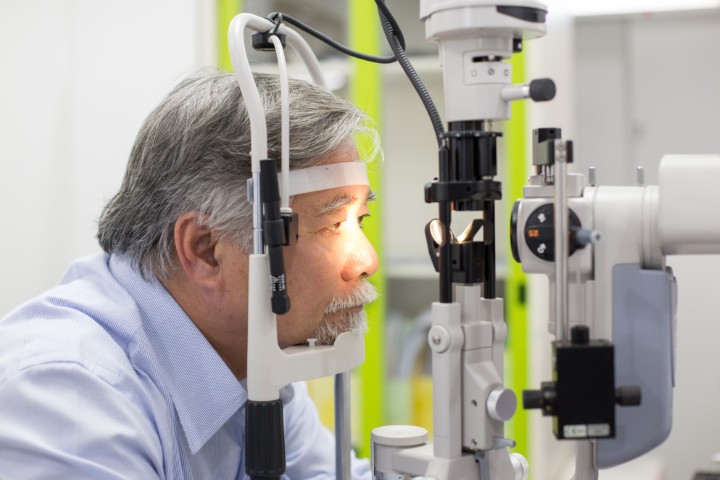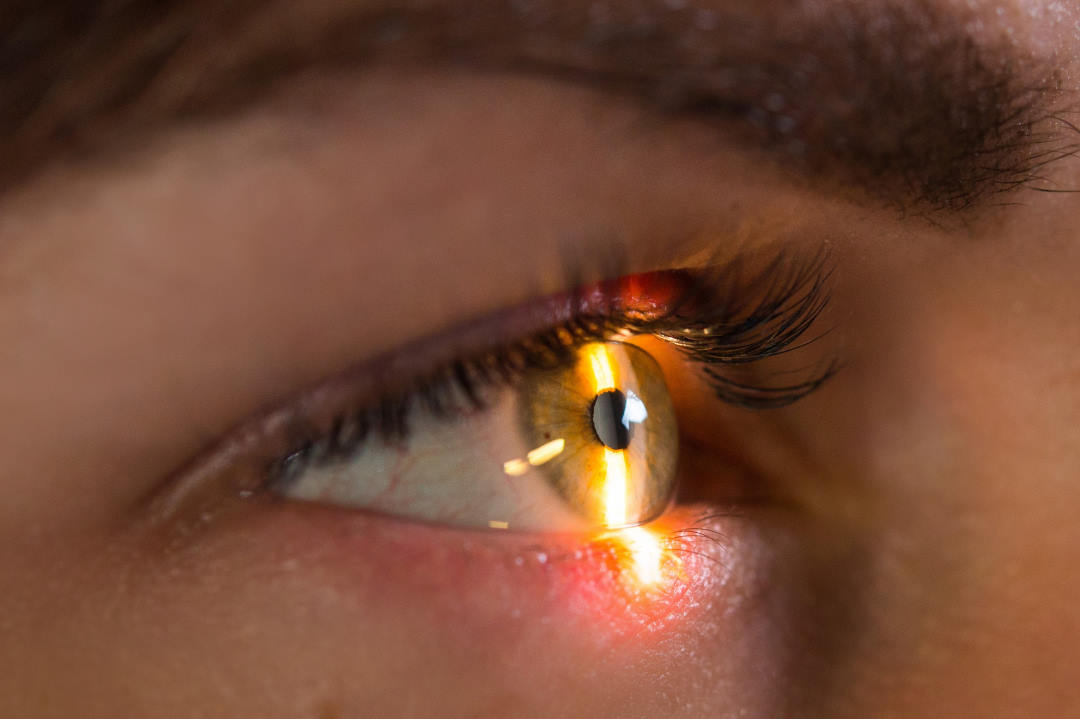Limbal stem-cell deficiency breakthrough
Researchers in Japan and the UK reported the world's first use of corneal epithelial cell sheets derived from human induced pluripotent stem cells (iPSCs) to treat limbal stem-cell deficiency (LSCD).
Researchers led by Osaka University’s Dr Takeshi Soma recruited four patients: a woman (44 years) and a man (72 years) with idiopathic LSCD, a man aged 66 years with ocular mucous membrane pemphigoid and a woman aged 39 years with toxic epidermal necrosis. Allogeneic human iPSC-derived corneal epithelial cell sheets (iCEPSs) were transplanted onto affected eyes.
The grafting of iCEPSs onto the ocular surface was well-tolerated two years postoperatively in all four eyes, with no evidence of tumourigenesis or immunological rejection, said researchers. “The fact that successful outcomes were achieved without HLA matching suggests that iCEPS transplant surgery has real potential as a new treatment for patients with an LSCD,” they wrote.
Researchers said they plan to initiate a multicentre clinical trial to investigate the larger scale efficacy of treating LSCD using iCEPS.



























